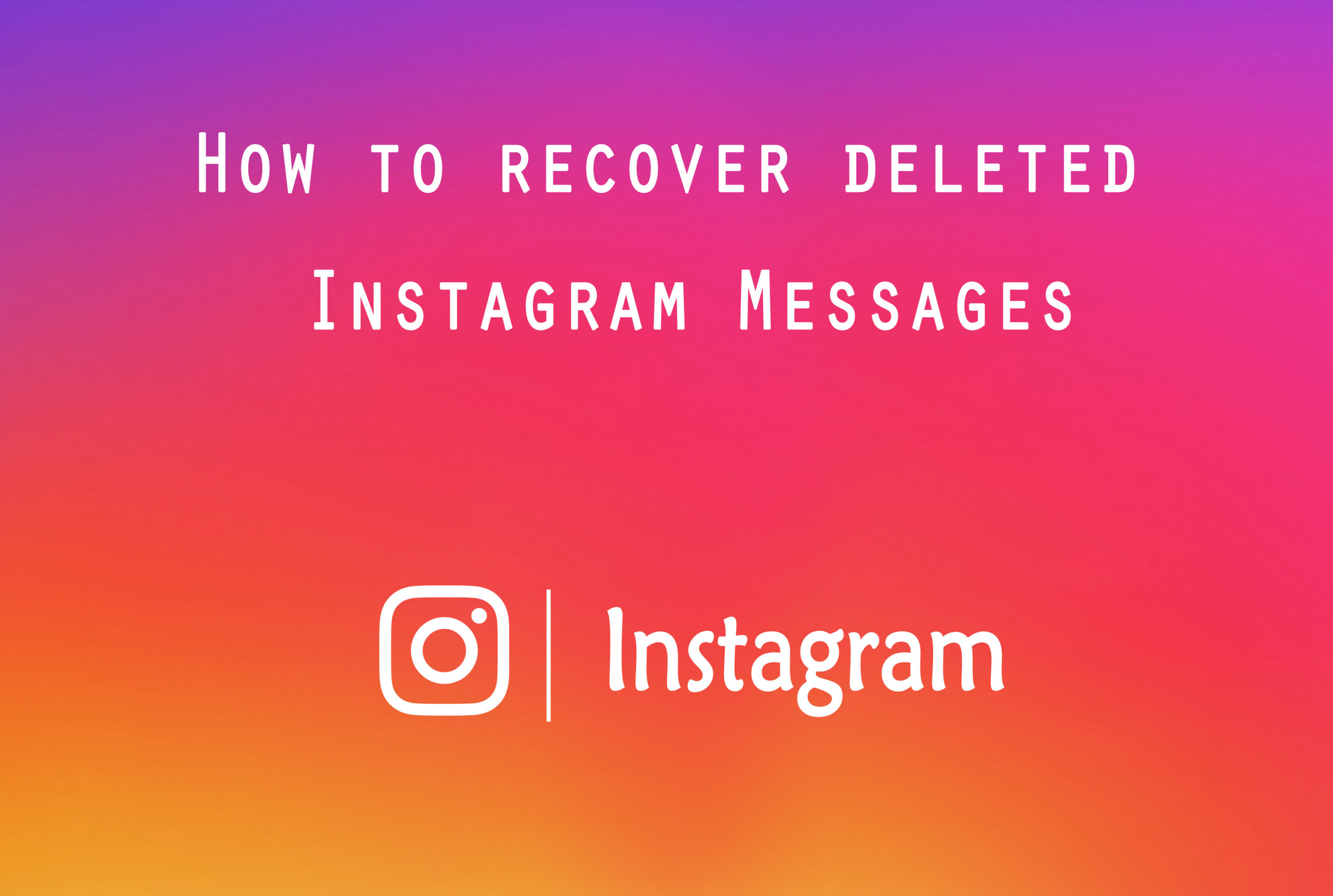Backlinks can be a double-edged sword! While links from a quality website can pass off SEO juice and boost footfalls to your site, there’s a dark side to linking as well. The shady, unaccounted and dormant links to your site that lay idle, sending no traffic and adding no value can indeed build up a negative SEO.
The last thing you want as a webmaster is your site not being penalized for such backlinks. So, what’s the solution? Simple, perform a link audit, track fishy links and get rid of them. One way is to send link removal request to the site owners, which is highly unlikely to be a productive move.
The other option is to use Google’s disavow tool, which is a simple and potent weapon to wipe your site clean of any and all black hat links. But, first things first! You need to be zero in malicious links, and here are the tips of the telltale signs that say you need to disavow a link to your site.
-
A link with low Domain Authority
Domain Authority, a logarithmic metrics ranked on a scale of 0 to 100, is a comprehensive indicator of a domain’s overall value and power. When analyzing the quality of a link, you can start by checking its DA on Moz Open Site Explorer.
While Moz states that its DA rating system is relative in nature and not an absolute yardstick, to sum up, the true worth of a domain, any link having a DA under 20 can be considered “bad.”
Caveat: DA alone should not be the decisive factor in blacklisting a domain, as certain good but small websites also exhibit modest Domain Authority. You should also check the Trust flow and citation flow.
-
The linking site is not indexed in Google
If you Google search the linking website, but it doesn’t appear in the results, this may mean that the site is not indexed in the search engine. There may be three reasons for this.
- The site is in its early days.
- The site has deliberately blocked Google with a no-index tag.
- The site is a spam and thus, delisted by Google.
While the first two conditions cannot be ruled out when a site doesn’t make it to the Google search results, such cases are rare. Usually, a non-indexed site has been blacklisted by Google, which is a clear go-ahead for you to disavow a link.
-
The site carries shady codes & crass links
Auditing the links to your site requires you to visit those pages, which might cost your computer if that site is a spam and carries malicious codes. Needless to say, you must have a potent anti-virus installed along with an ad blocker and NoScript plugin.
If the site attempts to automatically run malicious scripts or download shady programs, you should exit and disavow a link without thinking twice.
Also, if you spot hundreds of links splattered all over the linking page, it’s a clear red flag for its negative SEO. Most likely, your request for link removal will be a futile exercise, so it’s better you disavow the link upfront.
-
The link comes from a bad blog/article directory site
Blog and article directory sites have failed miserably in imitating what search engines do with much greater efficiency. Such platforms are terribly outdated; don’t fit with current digital marketing strategies and add no value to your site. You can disavow them.
Caveat: In rare cases, certain blog and article directory sites, targeting niche segments, to maintain high standards for content submissions. You would want to retain their link for their SEO juice, so a bit of analysis is requested.
-
The link doesn’t appear on the linking page
You need to watch out for link cloaking. When you visit a page linking to your site but can’t find the link on the page, it means the webmasters have slipped thin shells of spam within the content to make it look normal.
There are various ways of link cloaking such as blending the link with background text, drastically scaling down the font size of the link to make it invisible, bundling it behind images and more.
The best way is to have a look at the page’s source code; if you trace the link at a rightful place that you skipped on the page, it’s fine. However, a raft of fishy links cleverly planted down there is a sign that you should break ties.
-
The link courses way to a comment you never made
If a link to your site courses its way to a comment that you didn’t make, it’s a part of blog comment spam and a sure recipe for negative SEO. Without wasting any more time, disavow a link.
In fact, it’s advisable to conduct a periodic audit and get rid of the links from comments you posted as they hold virtually no value after a split from the discussion chain.
-
The linking page publishes rip off content
Plagiarism is a “crime,” and sooner or later Google penalizes the websites that steal others’ content. Well, it won’t be a practical idea to check each and every linking page for rip-off content, but you may certainly perform a cursory audit of the page. If the URL, the branding or the construction of the page spur any doubts, part checks the content on Google search or Copyscape to find if it’s copied. If you get the original source of the content, disavow the link that might pass off disrepute to your site as well.
-
The link features a junk TLD
Top-level Domain (TLD) is the part of the link that follows the “dot” for example, ABC.com has “com” TLD. Popular TLDs are .com, .org, .net, .gov, .biz and .edu, and then there are country-specific TLDs as well. But, most of the spam sites just pick any TLD, excluding the ones mentioned above, to drive down spamming costs. So, if the link carries any crass TLD like .click, .game, or “XYZ,” you should disavow the link.
Suggested post:
What to do when .com is not available?
-
The linked site has telltale signs of a spam site
You can almost “sense” a spam site as soon as you land on one. If the linking site is stuffed with keywords, offering too little in value and blatantly nudging you to hit the certain Call-to-Action button, these are telltale signs of spammers’ tricks. While you may want to scrutinize the site a bit more a safe recommendation is to disavow the link.
-
The link that flouts Google link guidelines
There is a host of other link guidelines laid down by Google, which I haven’t discussed here. You can check Google Support for Webmasters to figure out if a link fails to meet one or more criteria. It’s recommended that you disavow the link that flouts Google’s link guidelines.
Now, that you a clear idea of how to identify bad links you can begin your link building sessions. Besides, you can also check out these 5 User-Friendly SEO Higher Ranking In 2017 to conquer both the user as well as the search engines.
Like this:
Like Loading...













 5 Fail-Proof Tactics for Procrastinators who want to get the Work Done
5 Fail-Proof Tactics for Procrastinators who want to get the Work Done
You should take part in a contest for one of the finest sites on the internet.
I most certainly will highly recommend this website!
Hii..
Such an excellent post, you have very well explained that how we can get rid of all these things. Thanks a lot for sharing.
Excellent post, thanks a lot. Website experts piece of cake. Your article is useful.
Truly I have not known about Disavow. After reading your content I have to know about this. thank u for helpful content.
Hi Anurag Gupta,
Thanks for this informative share 🙂
Hi, anurang
very good article
Thanks for sharing keep up the work
very good article very helpful
Thanks for sharing
For months of being part of globalinboundmarketing , I have never heard of these dangerous links. This is very helpful for all of us and thanks to you for sharing!
Great post Anurag and Robin,
Useful insights on how to identify and distance oneself from unnatural linking. From last week I am facing this issue, someone is creating unwanted links for my blog. So I read this post again and again in order to get out all this useful information.
It’s really an article on its own with great value.
Hi Saurabh,
I am glad that you liked Anurag’s post.
Hi, very good article
Thanks for sharing keep up the work
Wow Robin,
Am impress. I call myself an SEO blogger but I never new about all these. This are professional analysis that can give every guru a head up. I now understand more about link metrics. Thanks for sharing this
Hi Matthew,
All the credit goes to Anurag. But thanks for your valuable comment.
excellent post, thanks a lot. Incredible. Website experts would love this. Your points are well formed. Your website has a kind of feeling about it.
Thanks for Sharing this article.
This is interesting, I did not know about all these dangerous links and hope I do not have some.
Good to know how to take care of this you did explain and write a lot of good tips.
Thank you
Erika
Hi Erika,
All the credit goes to Anurag.
Thanks for the comment.
Hi Anurag,
That was a nice piece. Yes, having all the backlink is just like lifting some extra weight on your shoulders which is of no use and can slow down the blogs progress and even damage it. You have shown the possible symptoms on the same. I’m such scenario, finding those disavoing is the only solutions can be made. Recently, we have done it with one of my friends website too.
Thanks,
Navin
Thanks for a great article